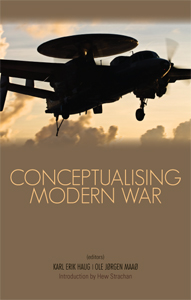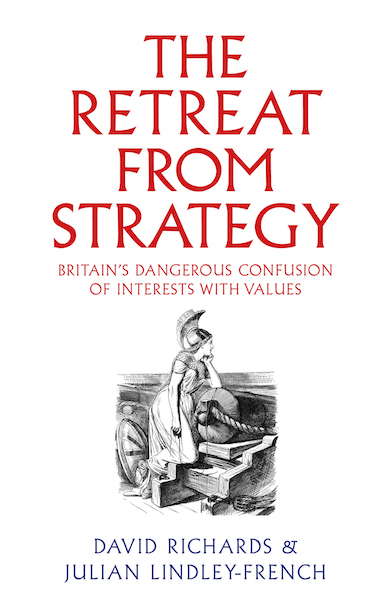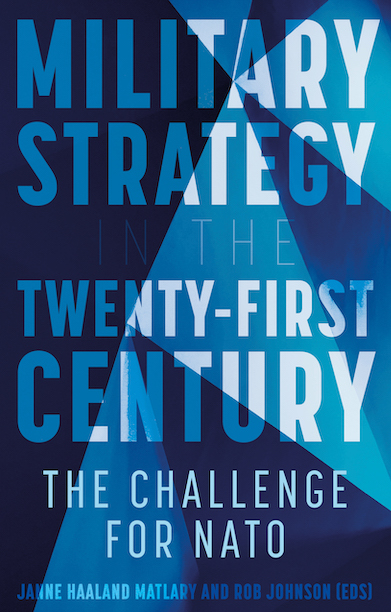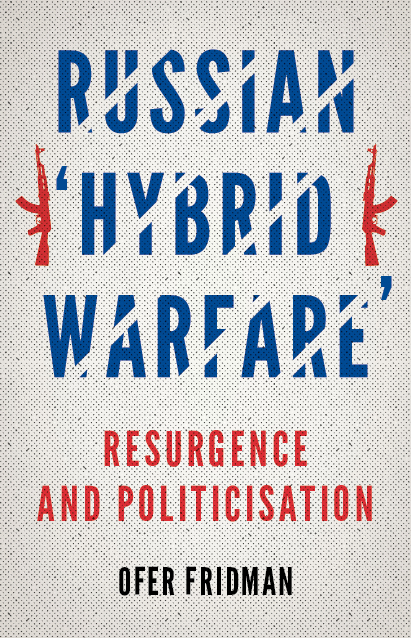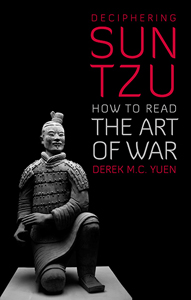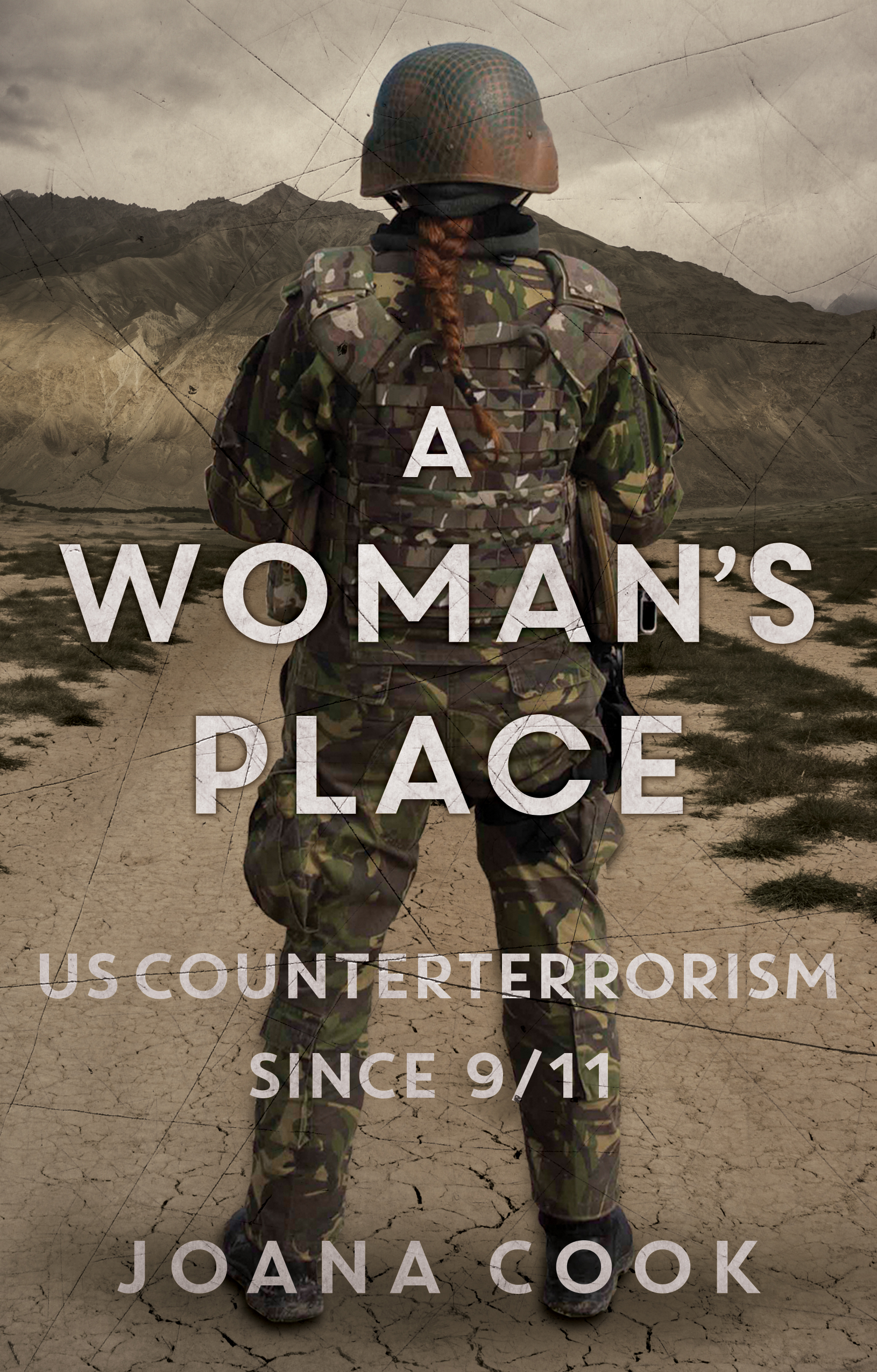Description
Since the end of the Cold War, scholars, military historians and analysts have struggled to agree a workable definition of contemporary warfare with reference to the conflicts that have erupted since 1989, whether in the former Yugoslavia, Iraq or Afghanistan, to name only a few.
Among the many attempts to hit the right conceptual note are asymmetrical war, ‘Fourth Generation War’ and, perhaps the most influential of all, ‘New Wars’.
In addition to these attempts to define war, the West’s military establishments, with the Pentagon in the vanguard, have worked hard to map out new strategic and tactical concepts in order to try to win these wars. Two of the more influential from recent years are Network-Centric Warfare (NCW) and Effects-Based Operations (EBO).
The contributors to Conceptualising Modern War contend that very few of these terms and concepts are particularly useful when it comes to defining war or to creating a winning strategy. On that basis it is easy to ridicule every one of these terms and concepts, but the aim of the contributors to this book — who include Hew Strachan, David Kilcullen, Steven Metz, Helen Dexter and Ian Beckett — is instead to search for meaning where meaning can be found. Can these terms and concepts tell us something about the development of war and how wars can be won?
Table of contents
CONTENTS
Notes on the Contributors
Preface — Karl Erik Haug and Ole Jorgen Maao
Introductory Essay: The Changing Character of War — Hew Strachan
PART ONE: DEFINING CONTEMPORARY WAR
1. Evaluating Rivalling Interpretations of Asymmetric War and Warfare — Jan Angstrom
2. Beyond Generations: Breaking the Cycle — Antulio J. Echevarria II
3. Mary Kaldor’s New Wars: A Critique — Ole Jorgen Maao
PART TWO: CONCEPTS TO WIN CONTEMPORARY WAR
4. From Guerrilla War to Insurgency — Ian F. W. Beckett
5. Insurgency — Steven Metz
6. Terrorism — Helen Dexter
7. Conducting Counterinsurgency by Alliance: Wave of the Future or Strategic Dead End? — Jens Ringsmose
8. Effects-Based Operations: Origins, Implementation in US Military Doctrine, and Practical Usage — Torgeir E. Soveraas
9. Airpower: The Need for More Analytical Warriors — Dag Henriksen
10. A new Chance for Network Centric Warfare in the Context of Modernity — Arent Arntzen and Tor Olav Grotan
11. Transformation: The Key to Victory? — Olof Kronvall
PART THREE: AFTERTHOUGHTS
12. Contemporary Wars: Notes Towards a Macro-Level Approach — Torbjorn L. Knutsen
13. Contemporary War is not Modern — Nils Naastad
14. Lawrence’s Ladder: Tribal Irregulars and an Actor-Based Theory of Modern War — David Kilcullen
Reviews
‘I recommend this book to professional and student alike. The collection of essays gives an excellent description and explanation of the many terms used to categorize our recent military endeavours. In doing so the concepts behind the choice of categories are exposed, which reveals much about our approach to warfare.’ — General Sir Rupert Smith, KCB DSO OBE QGM, author, The Utility of Force: The Art of War in the Modern World
‘War, Clausewitz’s chameleon, constantly changes its colours or outward manifestation, while retaining its essence. We are witnessing a colour shift, as this volume shows brilliantly, but it is more subtle and complex than commonly alleged. With trenchant critiques of key concepts like “asymmetry” and “generations of warfare”, this carefully researched collection weeds out much of the nonsense and half-digested ideas found elsewhere. The well-judged summary critiques of recently fashionable concepts such as Effects-Based Operations, Network-Centric Warfare, and Transformation should be set texts for students. An outstanding and timely evaluation of strategy debates since the end of the Cold War.’ — Beatrice Heuser, Professor of International Relations, University of Reading, author of The Evolution of Strategy and of The Strategy Makers… from Machiavelli to Clausewitz
‘I thoroughly enjoyed reading this book and I would recommend it to practitioners, policy-makers and academics as a must read. The analysis contained within it is extremely persuasive and the authors have provided a commendable product. The volume fits neatly into the current literature, filling an important niche. It could become a timeless classic. — Andrew Dorman, King’s College, University of London
‘Part of a series of studies dealing with the new war phenomenon … this collection opens the way to a better historical and theoretical understanding of this phenomenon that must be translated by political decision makers and their military advisers into practical means to achieve decisive victory on the battlefield and in war with all their new and special characteristics.’ — Tal Tovy, H-War
Editor(s)
Karl Erik Haug is Associate Professor of History at the Royal Norwegian Air Force Academy in Trondheim where he has been teaching since 1999. His fields of interest and publishing include Norwegian foreign policy, military history and international relations.
Ole Jørgen Maaø is Associate Professor of History at the Royal Norwegian Air Force Academy in Trondheim. He had served nearly twenty years as an officer within the Norwegian Air Force, before becoming a full time scholar in 2006.
